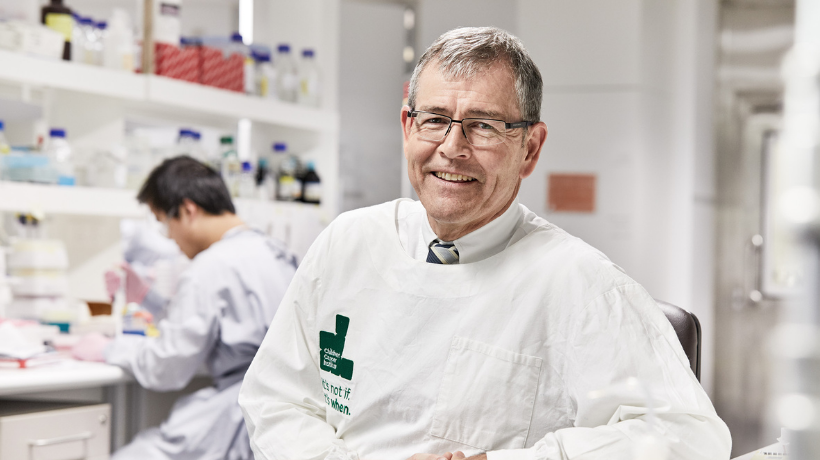Detecting chemotherapy resistance and sequencing residual malignant tissues in sarcoma treatment

Recipient: Professor Glenn Marshall
Institute: Children's Cancer Institute
Funding: $220,000 January 2022 to December 2023
A new relapse prediction diagnostic has the potential to transform sarcoma outcomes.
Most childhood sarcoma patients achieve clinical remission with a “one-size-fits-all” chemotherapy approach. Almost one third of these patients will relapse after achieving clinical remission.
Relapse occurs due to minor cancer cell populations present at diagnosis which are intrinsically resistant to conventional chemotherapy.
Previous work through the ZERO Childhood Cancer Program has shown that bulk tumour sequencing can identify sensitivity to drugs that aren’t normally used to treat high-risk childhood cancers. This project aims to take this approach to the next level of individualisation. The precision of single cancer cell RNA sequencing will provide unprecedented resolution to uncover the minor chemotherapy resistant cancer cells.
Using single cancer cell RNA sequencing of sarcoma samples before and after chemotherapy, Dr Marshall and his team will identify which cells are chemo-resistant and assess how they might better be treated.
Results will build the evidence base required to introduce individualised precision medicine early into treatment, with the ultimate aim of avoiding relapse. Our studies will also drive the development of new treatment strategies and future clinical trials for high-risk sarcoma.

